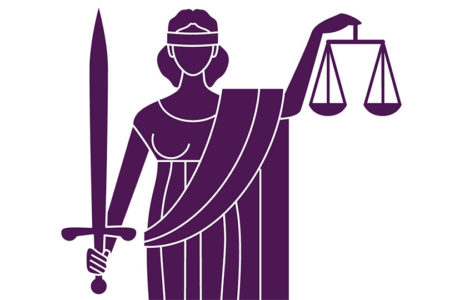More Than a Man
Deeply rooted within the consciousness of the Jewish people is the belief in the coming of a Messiah. However, time, traditionalism, and tribulation have clouded many people’s views of Him.
This ambiguity led medieval Jewish scholar Moses Maimonides (1135–1204) to simplify the Jewish understanding of the Messiah in the 12th article of his 13 Foundations of Judaism: “I believe with complete faith in the coming of the Messiah, and even though he may delay, nevertheless I anticipate every day that he will come.”
Maimonides also advanced the now widely accepted notion among Jewish people that the Messiah would be merely a “superhuman” king—not a divine Savior of sinners.
How do we know what is true concerning the promised Messiah? Scripture states, “Surely the Lord Gᴏᴅ does nothing, unless He reveals His secret to His servants the prophets” (Amos 3:7). So we should expect the prophets to have something to say on the subject.
One prophet, Isaiah, had a great deal to say: “Therefore the Lord Himself will give you a sign: Behold, the virgin shall conceive and bear a Son, and shall call His name Immanuel” (Isa. 7:14).
The Gospel of Matthew reports Jesus’ fulfillment of this prophecy:
“And she will bring forth a Son, and you shall call His name JESUS [Hebrew, Yeshua], for He will save [Hebrew, yosheea] His people from their sins.” So all this was done that it might be fulfilled which was spoken by the Lord through the prophet, saying: “Behold, the virgin shall be with child, and bear a Son, and they shall call His name Immanuel,” which is translated, “God with us” (Mt. 1:21–23).
More than a mere man, Jesus is called “Immanuel,” which means “God with us.”
Isaiah also recorded another prophecy 700 years before Jesus’ birth:
For unto us a Child is born, unto us a Son is given; and the government will be upon His shoulder. And His name will be called Wonderful, Counselor, Mighty God, Everlasting Father, Prince of Peace (Isa. 9:6).
Long before Maimonides, rabbis interpreted the Isaiah 9:6 prophecy as foretelling the Messiah’s divine nature. Some rabbis commented,
- “His name has been called from old, Wonderful Counselor, Mighty God, He who lives forever, the Anointed One (Messiah), in whose days peace shall increase upon us” (Targum Jonathan).
- “I have still to bring forth the King Messiah as it is written: ‘Unto us a child is born’” (Midrash Rabbah, Debarim 1).
- “The name of the Messiah is called Peace, for it is written (Isaiah 9:6): ‘Everlasting Father, Prince of Peace’” (Babylonian Talmud, Tract Derech Erez Zutha).
The ancients understood, though vaguely, that the Messiah would be more than a man and bring peace on Earth. That is why an angel told the shepherds in the field at Jesus’ birth, “For there is born to you this day in the city of David a Savior, who is Christ [Messiah] the Lord” (Lk. 2:11); and then a host of angels announced, “Glory to God in the highest, and on earth peace, goodwill toward men!” (v. 14).
Because so many people today look for political and national peace, they fail to see that Jesus’ First Advent brought spiritual peace between man and God by enabling forgiveness of sin for ever-one who believes, “for the Jew first and also for the Greek [Gentile]” (Rom. 1:16).
Jesus brought that peace through His substitutionary sacrifice. This is the Good News—that God declares us righteous when we have faith in Jesus, and He gives us “peace with God” (5:1).
Jesus told the religious detractors of His day, “You search the Scriptures, for in them you think you have eternal life; and these are they which testify of Me” (Jn. 5:39). The prophets foretold of Jesus, and the ancient teachers bore witness that the Messiah would be more than a man. Who is Jesus to you?








